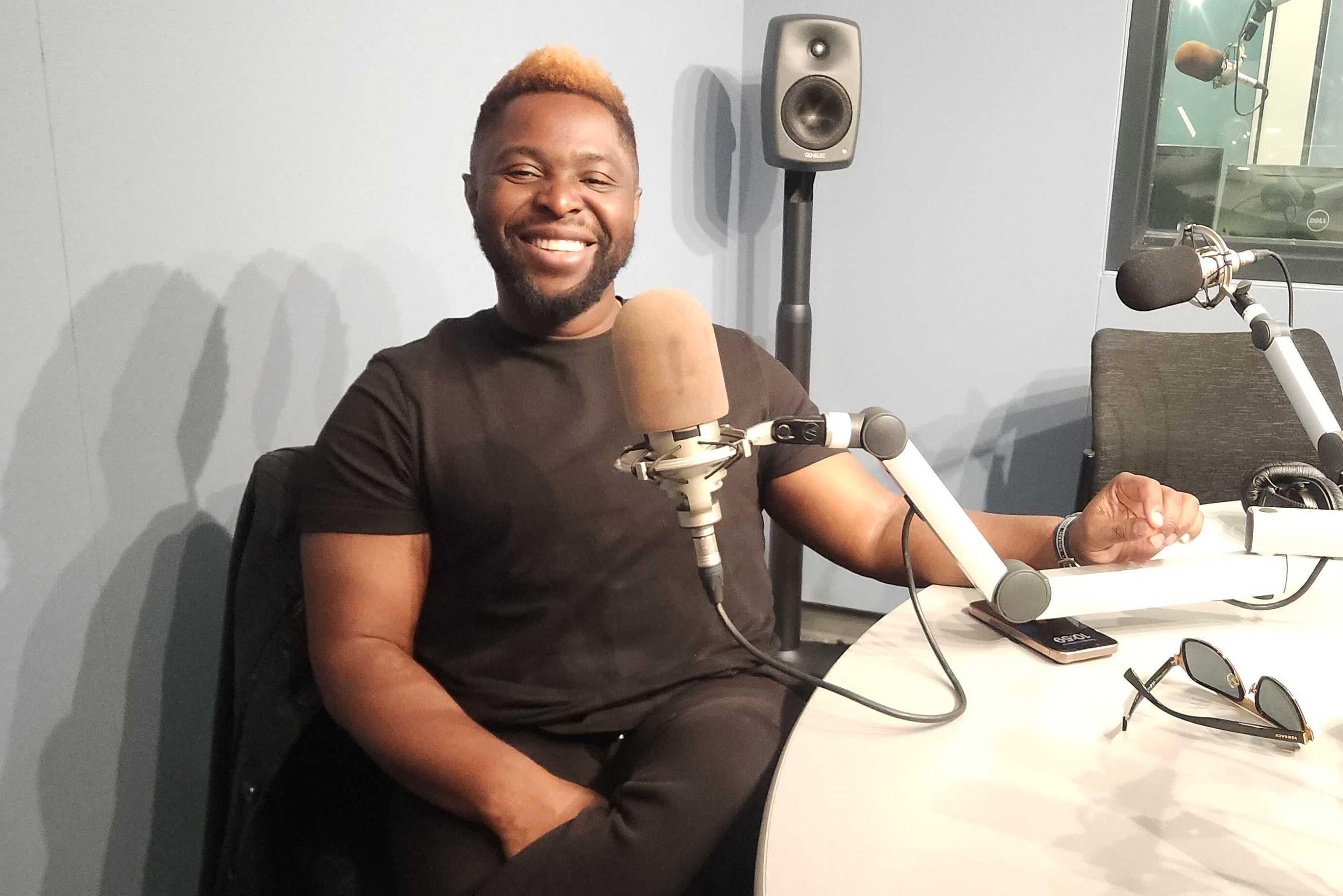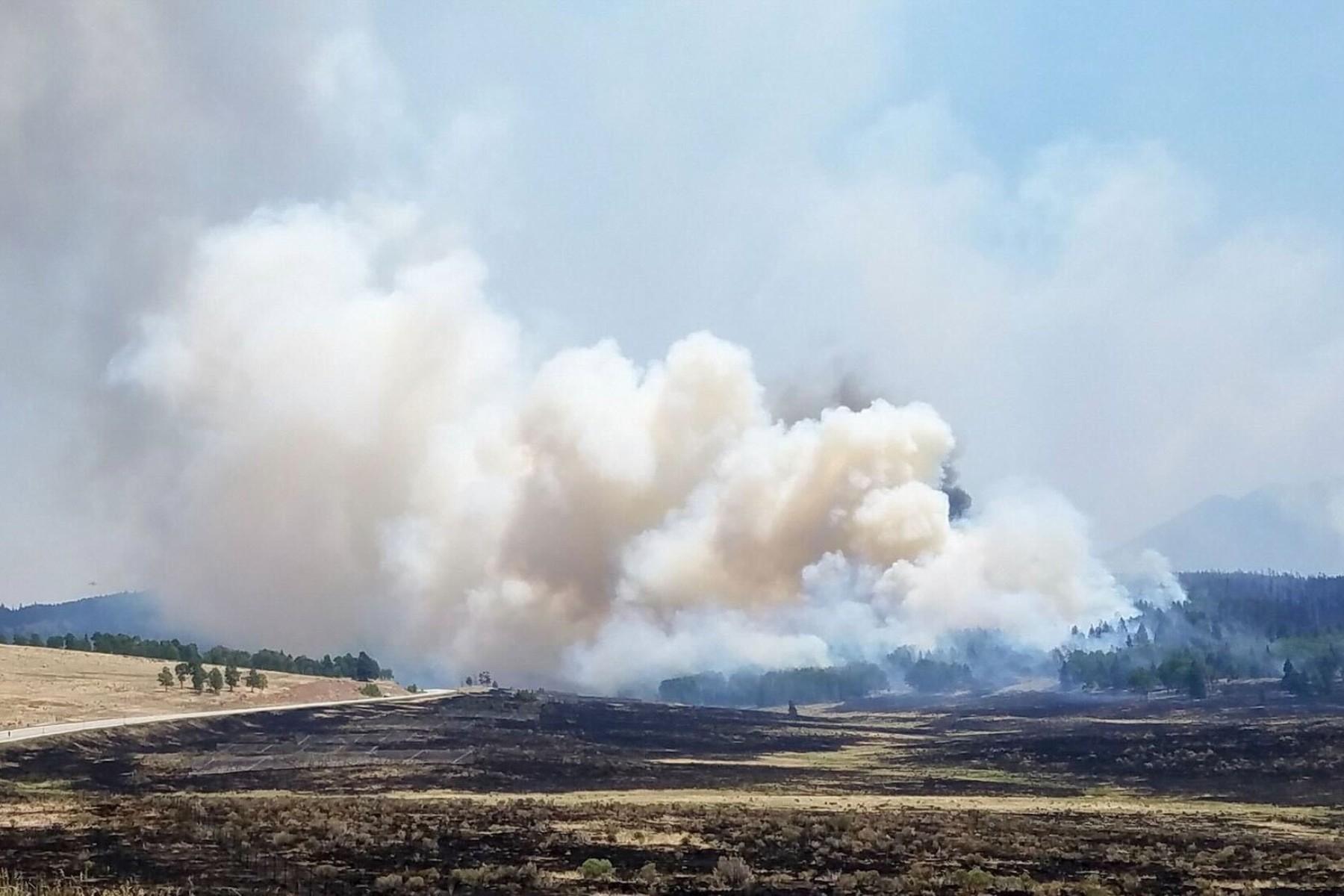
It’s estimated that every year, more than 1.4 billion tons of food goes to waste. At the same time, more than 820 million people around the globe suffer from hunger. In Colorado alone, 670,000 people face food insecurity, with children making up a significant portion of that number.
These staggering and heartbreaking statistics, inspired Denver-based engineer John Akinboyewa to take action. He says he’s created a simple solution; a free smartphone app called HungreeApp that connects those with access to extra food to people who need food. He said it helps combat both hunger and food waste at the same time.
“The problem is huge,” Akinboyewa told Colorado Matters Host Chandra Thomas Whitfield. “And while large organizations and governments often struggle to address it effectively, we knew there had to be a way to tackle it on a smaller scale. Our app lets individuals take action without needing massive coordination.”
The app, which is free to download on both Android and IOS devices, is user-friendly, designed for anyone—whether an individual, business, or food bank —to share excess food in their community. The process is simple: users select whether they want to give or receive food, then provide details such as the type of food, ingredients, its location, and availability. The app then sends out a beacon to fellow users in a designated area. Once someone accepts, pick up is coordinated, and then the transaction is complete.
“We wanted something that’s easy to use,” Akinboyewa explains. “In 60 seconds, you can list food you want to share—whether it’s leftovers from a meeting, extra sandwiches from a lunch event, or even bulk food like crates of croissants from a grocery store.”
The idea behind HungreeApp stemmed from Akinboyewa’s personal experience growing up in tough circumstances in his native Nigeria, where necessities that many people often take for granted, like access to electricity and clean water, were often scarce. Even once he moved to the U.S. and was excelling as a student leader on his college campus, he remembers battling food insecurity. He even recalls a particular night where he had to dig through couch cushions to scrape together $1.08 to buy an item on the value menu at a fast food restaurant. “I thought, there has to be an easier way to connect people who need food with people who have it,” Akinboyewa says.
That inspiration led to the creation of the Hungree app, which he believes not only helps alleviate food insecurity, but also ensures that food never goes to waste. Akinboyewa says he wanted to offer an easy solution to a longstanding problem; the fact that excess food is often discarded merely because there was no easy way to share it.
“We’ve all been there,” Akinboyewa says. “After a party, meeting, or gathering, there’s always a mountain of leftover food that ends up in the trash. This app solves that by allowing people to easily pass along what they don’t need to someone who does.”
The app also allows users to include dietary restrictions and food allergies, ensuring that people with specific needs can find food that’s both safe and accessible for them. Users also may set a geographic radius. For example, someone without transportation could set parameters to find or provide food within walking distance.
“We want to make it easy for anyone, anywhere, to use,” Akinboyewa says. “If you’ve got extra food, you can list it in just a few clicks and it can be picked up quickly by someone nearby.”
Along with connecting people, the app has a feature called "village mode," which enables organizations like universities or businesses to restrict food listings to specific areas, such as a college campus or office building. This creates a localized network of food-sharing within a community, allowing food to be distributed more efficiently before it goes to waste.
Akinboyewa says the platform is still in the startup phase, so he hasn’t been able to invest in any marketing initiatives, but the app has been spreading at a steady pace through word of mouth. He hopes it will eventually be available to anyone who wants to use it across the world, creating a culture of people regularly sharing food so nothing safe for humans to eat gets wasted, ultimately ending up in a landfill.
“This app is just a start,” he says. “We want to create a community where sharing food is second nature — nobody goes to bed hungry — and nothing that can be used ends up in the trash.”
As the holiday season gets underway, Akinboyewa says he encourages everyone to enjoy themselves, but to also consider downloading the app and giving it a try.
“We all have the power to make a difference, one meal at a time,” he says. “Together, we can cut down on food waste, feed our neighbors, and help build a stronger, more sustainable community.”
To learn more about Hungree or to sign up as a user, visit thehungreeapp.com









